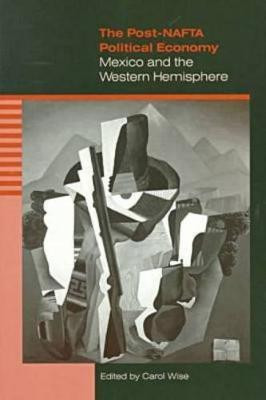The Post-NAFTA Political Economy(English, Paperback, unknown)
Quick Overview
Product Price Comparison
Four years after the launching of the North American Free Trade Agreement (NAFTA), debate over its costs and benefits remains intense-as revealed late in 1997 when President Clinton failed to get Congress to approve his administration's request for a "fast track" authority to negotiate the broader proposed Free Trade Area of the Americas (FTAA). This volume of original essays attempts to understand why by looking closely at the effects that NAFTA has already had and sorting out fact from fiction. The first part of the book examines the impact that NAFTA has had on the Mexican economy, seeking to distinguish those trends that can be attributed to Mexico's participation in NAFTA from those that are more related to domestic politics and long-term structural weaknesses of the country's economy. The second part, using an interdisciplinary approach, studies the wider political and economic ramifications of NAFTA, asking how much NAFTA has helped or hindered the efforts to establish the FTAA. The essays together provide alternative explanations for the anti-NAFTA mood that prevails among important sectors and constituencies within the United States. The contributors are Peter Andreas, Denise Dresser, Stephan Haggard, Jonathan Heath, Sylvia Maxfield, Manuel Pastor, Adam Shapiro, and Ngaire Woods.


